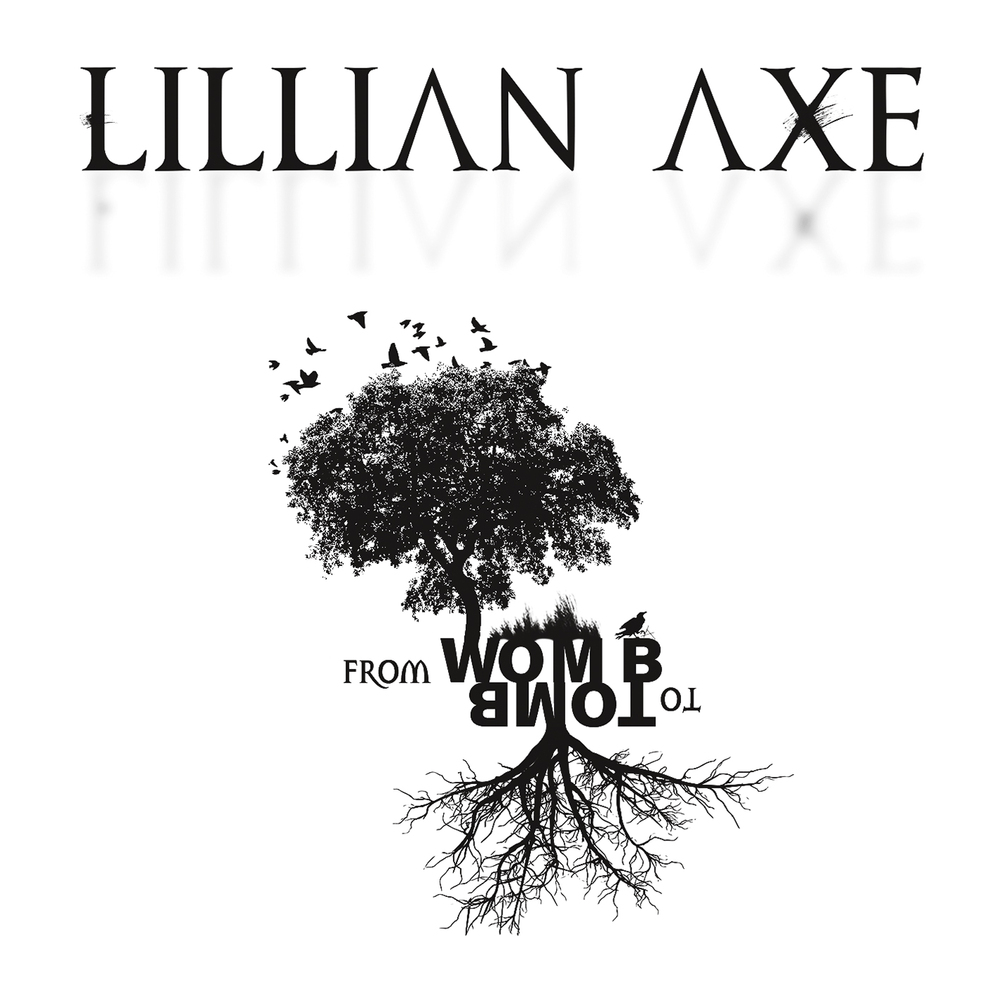 |
Country: USA
Style: Hard Rock
Rating: 7/10
Release Date: 19 Aug 2022
Sites: Facebook | Instagram | Official Website | Twitter | Wikipedia
I remember the name Lillian Axe a lot better than I do the music they made. I know that I've heard tracks from the first couple of their albums, back at the tail end of the eighties, but I may not have listened to the albums themselves and I remember little about them. I probably assumed that the grunge era killed them off, like so many others, and that was that. Well, it looks like it did, in 1995, but they got back together in 1999 and have stayed that way ever since, even if only a couple of the founder members are still in the line-up, lead guitarist Steve Blaze and bassist Michael Darby.
What's important is that Global Rock, who signed them last year, haven't just released this album, their first in a decade, but their entire back catalogue too, which bodes well for the future. This is a generous return, running enough over an hour to matter and feeling interesting throughout. I'd vaguely remembered them as a late eighties American heavy metal band, with leanings towards a commercial glam metal sound even if it wasn't quite what they wanted to be. And that's not at all what this is.
I'd call this hard rock, but of a flavour that occasionally nudges up to the tentative border with heavy metal. There are sections here that are more metal, especially during guitar solos and some riffs that crunch, but it's mostly happy to stay on the hard rock side of that boundary. What's more, it's progressive in a fascinating way. Some of it feels like prog rock born from musical theatre, mostly in sections where lead singer Brent Graham goes firmly into character mode. Some of it feels more like prog metal but light enough to stay rock without ever feeling like prog rock would be a fair descriptor. The end result sounds like a concept album, even if it isn't, with characters and story.
This, and the odd interludes that are sometimes very odd indeed—check out A as an experimental thirty-nine seconds—took me aback enough that the album didn't connect to me at all for half its running time. It was Dance of the Maggots that dragged me on board, because that's a song that refuses to be ignored, and Fall of the Human Condition right after it underlines how much there is here. It lost me a little late on but stayed strong and a repeat listen highlighted I am Beyond and The Golden Dragon as highlights I'd failed to acknowledge on the first time through.
Initially, I felt there was a Queensrÿche flavour to a lot of these songs, sans high Geoff Tate vocals. Gradually I realised that there's a lot of Saigon Kick here too, especially in the melodies and those sections where multiple voices combine and float around each other. Putting the two together is a good summary of what this sounds like to me. If there are other names that stood out, it would be through the hints of Voivod on I am Beyond and the Alice Cooper-esque vocal early on in Fall of the Human Condition, but neither are maintained throughout. Queensrÿche and Saigon Kick, on the other hand, are everywhere, with songs often moving from one to the other.
There are a bunch of good songs here, from I am Beyond two in to Feelings of Absinthe nine later in this collection of sixteen. I have to come back to Dance of the Maggots as the highlight though, as it's got absolutely everything and it makes it work. It kicks off with a choral intro that makes us think we're diving into an oratorio. Then it's sound effects, soft guitar, a controlled Roger Daltrey intro with harmonies. A minute and a half in, it escalates almost like a volcanic eruption with the relief at release evident and then runs in cycles until it gets to a wild guitar solo in the second half from Steve Blaze. It's an absolute gem of a track.
I don't think anything else can touch it, but other songs stand out, including The Golden Dragon, I am Beyond and Feelings of Absinthe, even one of the interludes, Endless Green Fields with its infectious Spanish guitar. The catch is that there's a lot of other material here that fits from a stylistic perspective but didn't engage me to the same degree. I'd be interested in hearing what a die hard Lillian Axe fan, presumably used to some of these approaches, might think about it with a better knowledge of where they've come from and where they might be going. All I know is that I'll be paying attention from now on.


No comments:
Post a Comment